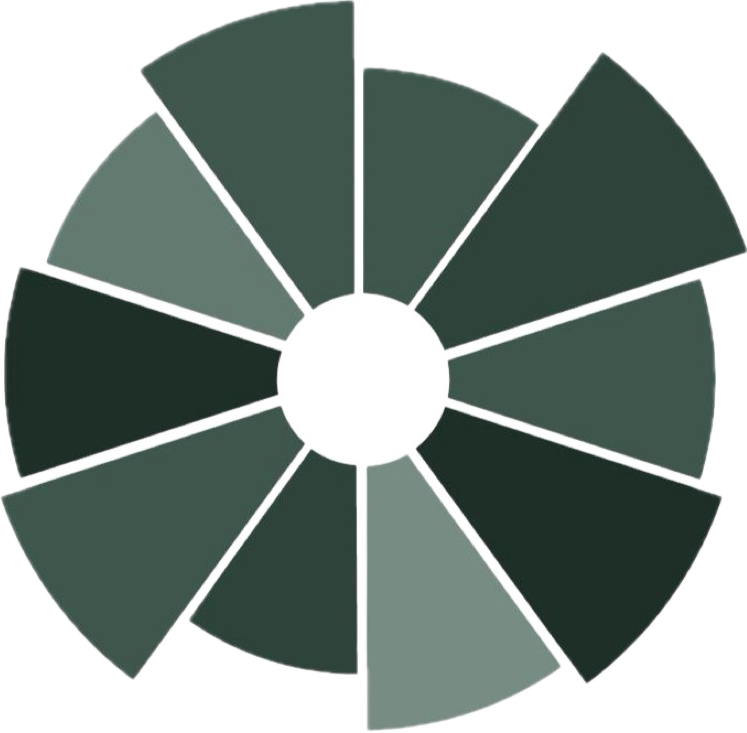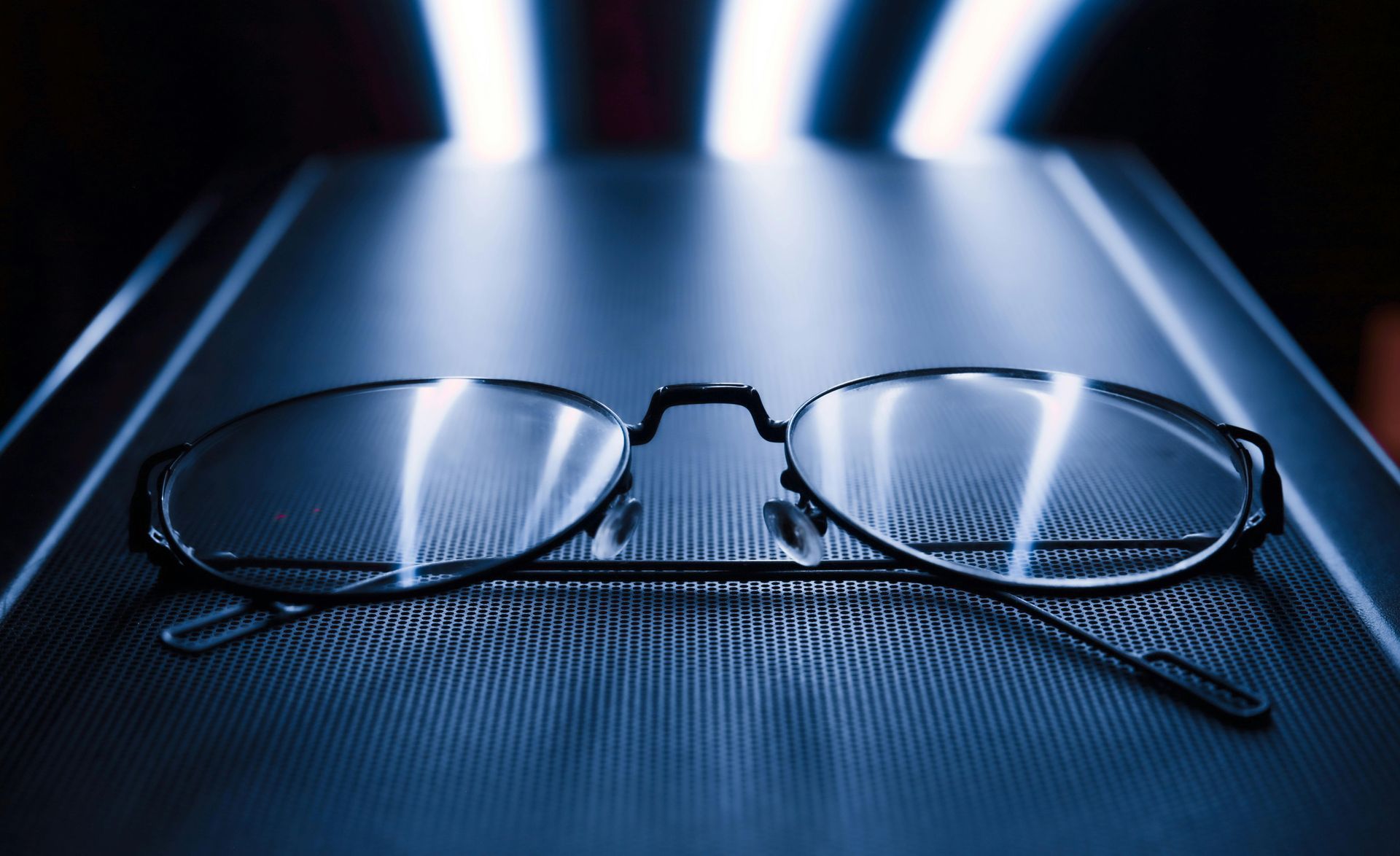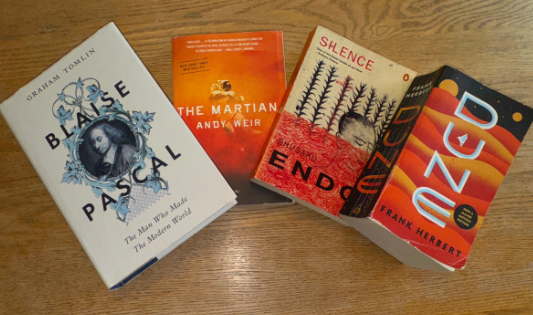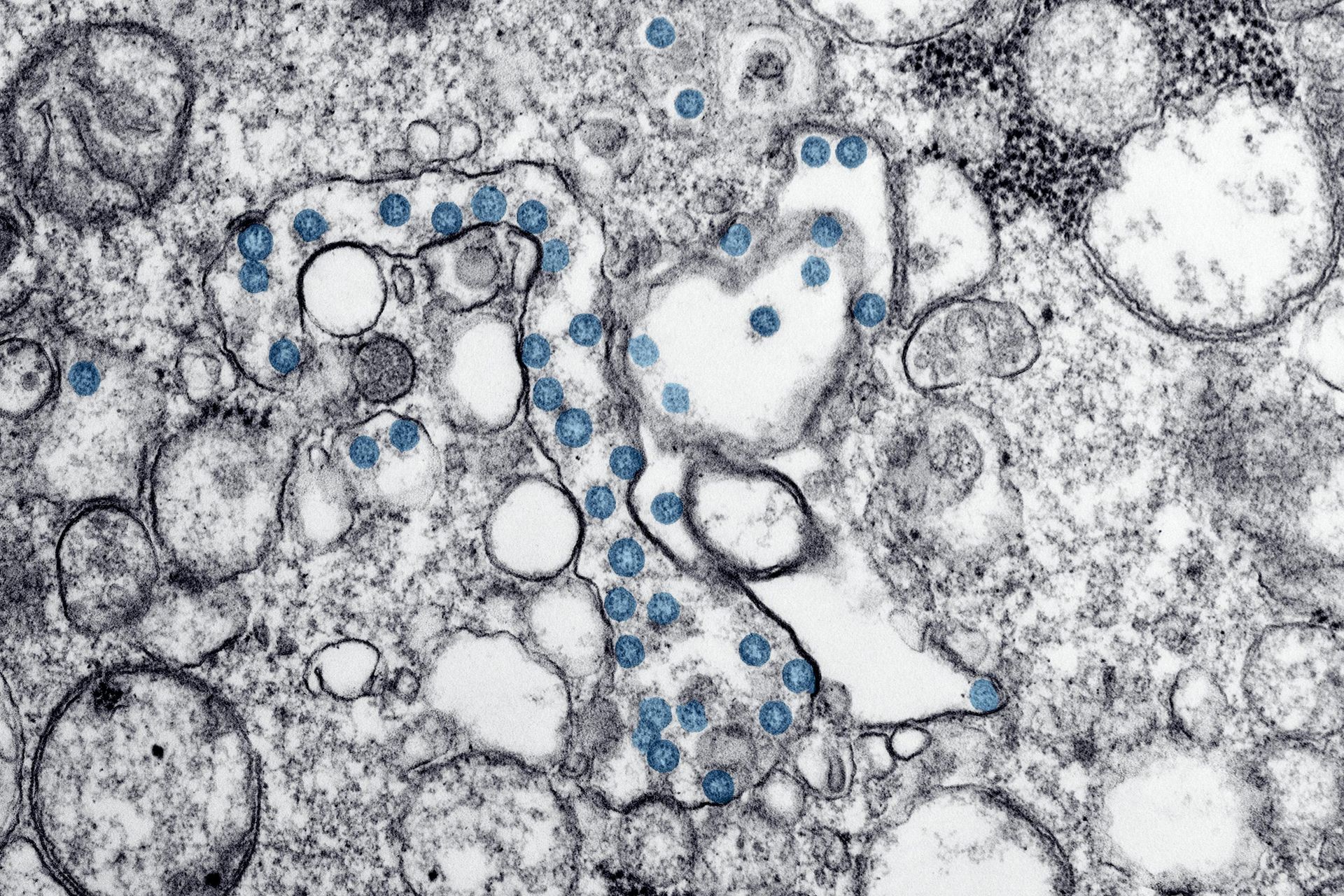Visual impairment, reading, and the village

Blog vol 3. 13. Visual impairment, reading, and the village
In 1990-91, I did a residency in Low Vision at the University of Waterloo’s Centre for Sight Enhancement. “Low vision” occurs when a person has reduced vision as a result of an eye disease or condition resulting in a visual impairment, which makes it difficult to do tasks like reading, driving, or the activities of daily living.
The low vision optometrist measures the patient’s vision and helps them to maximize their existing vision by using sources of magnification and/or contrast enhancement. There are so many ways to do this.
Last week, my wife finished an autobiographical work by physician Oliver Sacks. He was a world-renowned neurologist who is probably best known for his 1973 book, Awakenings, which was adapted into an Academy award nominated movie.
He lived with reduced vision for the last nine years of his life.
He loved to read so much that he adapted to using a myriad of magnifiers so that he could still access his journals and other texts. He loved physical, paper books and was determined to keep reading them. It is inspiring to see his motivation.
This past week, I was reminded of why I love to do low vision.
An elderly lady presented with her niece, who had seen on our website that we help people with visual impairment.
For a person to do well, it really takes a village, as the saying goes.
The patient’s niece knew of her visual impairment and continued to get her large print books so that she could keep reading. This patient has macular degeneration and needed to learn to use another part of her retina to see again. We were able to get a +6.00 dioptre lens over her spectacles at the right distance and lighting which got her to see newsprint “comfortably”.
Three things need to be present: the patient’s desire to continue reading, the ability to do so, and the help to make it happen.
I cannot emphasize enough the help that a social network can give to a low vision patient. It is critical. I have simplified the process here, not going into the heartache and adjustments that must occur to reach the point of accepting a visual impairment. Another thing to remember is the ongoing care with an ophthalmologist.
If you are a caregiver, please be patient and encouraging, and if you have an impairment, do not despair, there is help and hope.
til next week,
the good doctor






